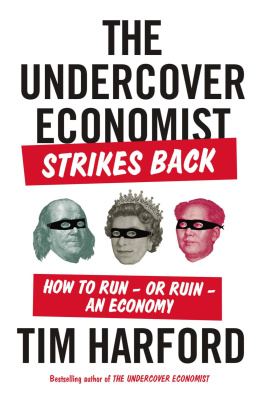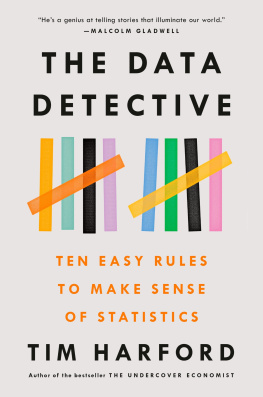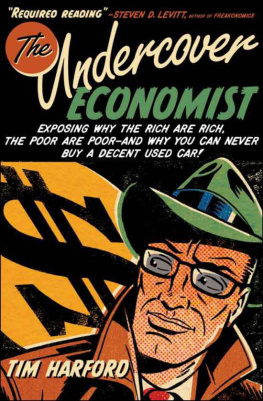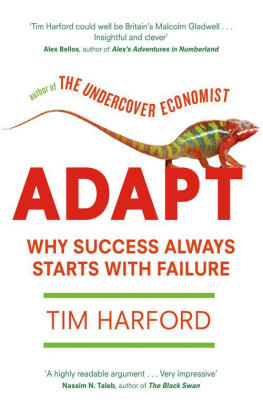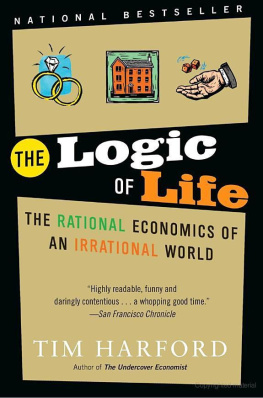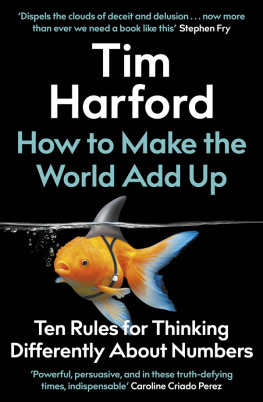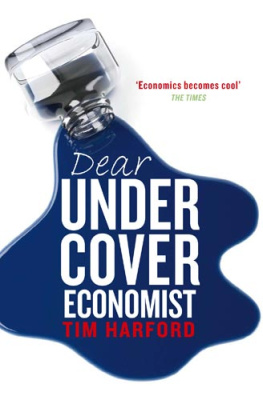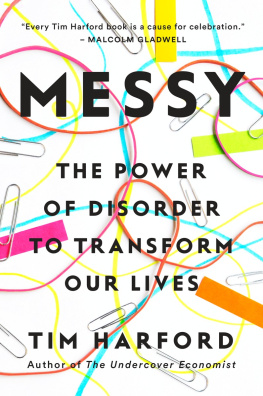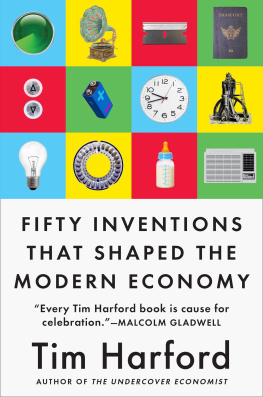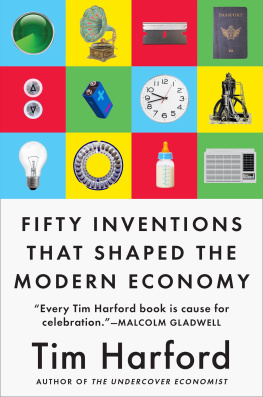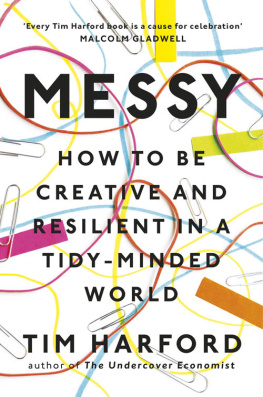Penguin supports copyright. Copyright fuels creativity, encourages diverse voices, promotes free speech, and creates a vibrant culture. Thank you for buying an authorized edition of this book and for complying with copyright laws by not reproducing, scanning, or distributing any part of it in any form without permission. You are supporting writers and allowing Penguin to continue to publish books for every reader.
While the author has made every effort to provide accurate telephone numbers, Internet addresses, and other contact information at the time of publication, neither the publisher nor the author assumes any responsibility for errors, or for changes that occur after publication. Further, the publisher does not have any control over and does not assume any responsibility for author or third-party websites or their content.
INTRODUCTION
An outlandish display
The London School of Economics, a few weeks before Christmas, 1949. The Lionel Robbins Seminar is about to begin. This prestigious event is at the razors edge of postwar economic thought. Robbins, a giant of economics, has made the LSE a rival to John Maynard Keyness Cambridge University, recruiting future Nobel laureates such as Friedrich Hayek, John Hicks, Arthur Lewis and James Meade. But this seminar is going to be unusual, because Meade has persuaded Robbins to invite an unlikely speaker: a small, shy, incessantly smoking New Zealander, a mature student who has just failed in his attempt to get an honors degree in sociology.
It isnt the manor his ever-present cigarettethat is attracting the stares. James Meades protg has brought with him an extraordinary devicea Rube Goldberg contraption resembling an adventure playground for nonexistent fish, with half a dozen or more transparent plastic tanks linked together through a network of pipes, dams and
The subject of this sudden attention, Alban William Phillips, had been born on a dairy farm in Te Rehunga in rural New Zealand thirty-five years earlier. His father, Harold, had equipped the farm with a flush toilet, a generator powered by a waterwheel, and electric light, long before the neighboring farms had any such wonders. As a result, Bill Phillips and his siblings were able to read long into the night, at least until Harold called lights out, and inserted a lever into a winch in the bedroom, which pulled a wire, which pulled a chain, whichfar across the farmyard nightdisconnected the wheel from the generator and plunged the childrens bedroom into darkness.
Harold taught his children to build crystal radios, zoetropes and toys; his wife, Edith, a schoolteacher, encouraged them to study. Secondary school was nine miles away, and Bill soon became bored with cyclingso he got hold of a broken-down old truck that the adults around him regarded as being far beyond repair, and he fixed it. Aged fourteen, Bill used to drive his classmates to school, parking a discreet distance away from the eyes of his teachers.
Bill might have been expected to go to universityhe passed every exambut there was a problem. In 1929, a collapse in share prices on the stock exchange in New York, on the other side of the world, had set in motion the Great Depression. The effects lasted for years, and reached as far as a dairy farm in Te Rehunga. Prices for agricultural commodities plummeted, and Harold and Edith simply couldnt afford for their son to go to university. Bill Phillips became an apprentice electrician at a hydroelectric power station instead.
The birth of macroeconomics
The Great Depression caused industrial production in the United States to fall by almost half. Income per head fell by a third. The unemployment rate averaged 25 percent through the 1930s. In an attempt to stem the bleeding in its own economy, the United States slapped punitive tariffs on imported productswith desperate consequences for countries exporting to U.S. markets. Mass unemployment in Germany sowed the seeds of Adolf Hitlers rise. The clutching fingers of the Great Depression scrabbled all over the world.
As well as changing the course of history and diverting an enterprising young New Zealander from going to university, the Great Depression profoundly revolutionized economicshow could it be otherwise? Economists asked themselves what was happening, and why, and whether anything could be done. They took new measurements, formulated new theories and proposed new policies, all concerned with the central question of economic performance as a whole.
In short, the Great Depression gave birth to macroeconomics.
A macroeconomist looks at the world through a different lens from the one a microeconomist uses. Microeconomics, which I wrote about in my first two books, The Undercover Economist and The Logic of Life, looks at the decisions individuals and firms make. Consider a recent visit I made to the government-run office designed to help people find jobsor to pay unemployment benefits to those who do not have one. Its cheerlessly designated a branch of the Jobcentre Plus agency, and I visited on an appropriately miserable rainy day. A steady stream of people, young and old, male and female, were in there looking for work. The firms seeking workers had given impressive titles to the jobs, which were listed in typo-filled ads on a chunky touch-screen terminal. The offered pay told a different story.
Security Officer, Oxford, 7.88 to 7.88 per ho
Weekend Manager, Oxford, Oxfo, 7.50 per hour
Retail Town Supervisor, Oxford, Exceeds national mini
How would a microeconomist view this nexus of miserable-looking jobs and miserable-looking job seekers? He would think about incentives, prices and productivity. How much is that harassed-looking young mother worth to an employer? How much is 7.50 an hour worth to her, if it means she needs to pay for child care or loses the right to some state benefits? How much did that skinny, spotty teenager in the hoodie invest in human capital at school? Are job seekers rational? Can they be nudged into a more effective job search with insights from behavioral economics? (The answer, based on a randomized trial in a job center in Loughton, near London, is yes.)
The macroeconomist looks at this scene from quite another perspective. Instead of analyzing individual firms and job seekers incentives, she will study the birds-eye view: the fact that there is a recession, that average wages are falling across the economy and the number of people out of work is rising. What could be the explanation for such broad changes? Some kind of shock to the system as a whole, such as an increase in the price of oil or a reduction in banks ability to lend money, reducing the systems capacity to supply products and services? Or a loss of demand, of peoples willingness to spend money on Main Street? What might cause such tectonic shifts in the economic landscape? What might fix them, or prevent them? These questions seem abstract. But there can be no doubt of their importance to the lives of millions of people.

